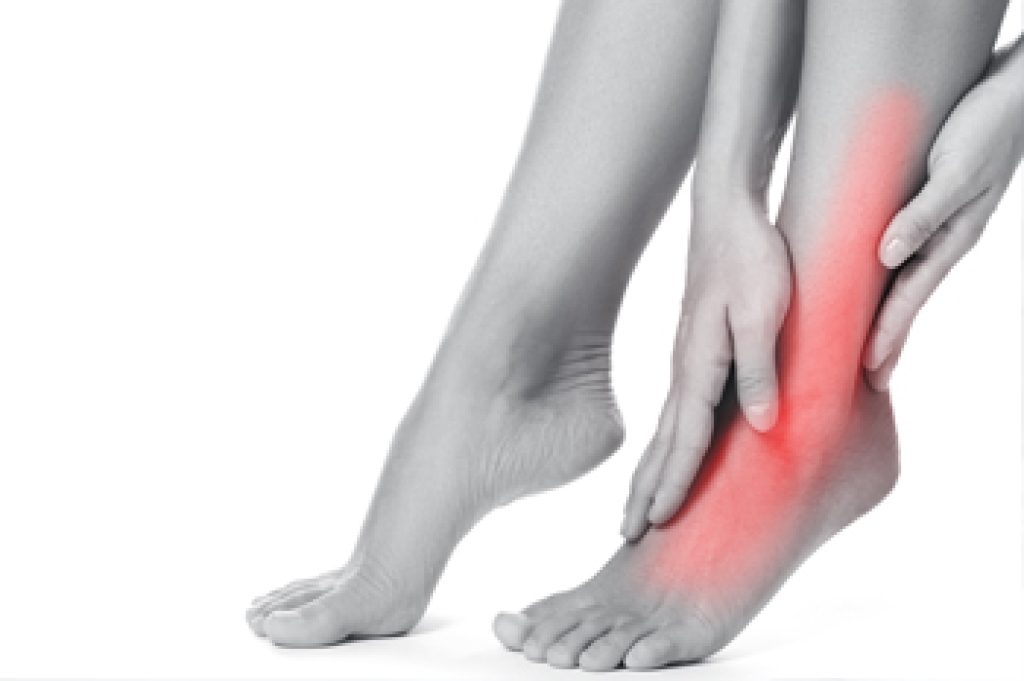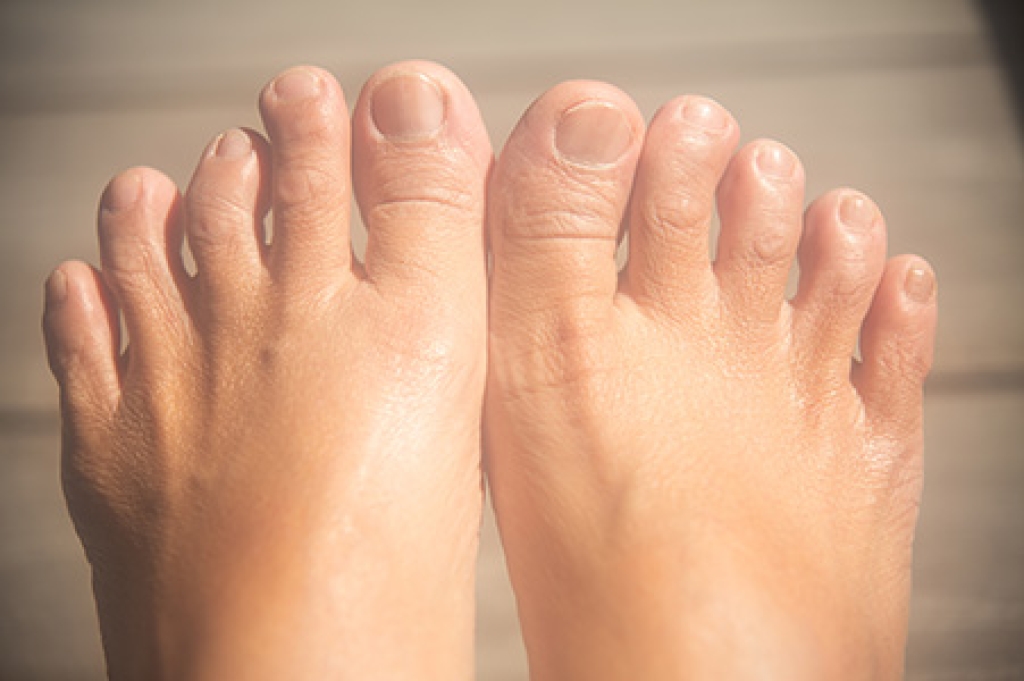
Standing all day at work can place significant stress on the feet and lead to soreness, fatigue, and increased foot perspiration. Prolonged standing in one position may reduce circulation and strain muscles and joints. Wearing proper shoes is essential for providing support, cushioning, and breathability to reduce discomfort and moisture buildup. Prevention also includes changing static positioning, shifting weight between feet frequently, and allowing muscles to stay active. These habits can help minimize pressure and improve overall foot comfort throughout the workday. When pain or persistent issues develop, a podiatrist can evaluate foot health, recommend supportive footwear, and create personalized treatment plans. If you experience foot pain during your work day, it is suggested that you consult a podiatrist who can guide you toward effective relief and treatment strategies.
While working on the feet, it is important to take the proper care of them. For more information about working on your feet, contact Deann Hofer Ogilvie, DPM from Ascend Foot & Ankle Center. Our practitioner will treat your foot and ankle needs.
Working on Your Feet
Standing on your feet for long periods of time can cause stress and pain in your feet. Your whole body may experience change in terms of posture, back pain, bunions, callouses and or plantar warts. There are ways to avoid these conditions with proper foot care, smart choices and correct posture.
Positive Changes
Negative heeled shoe – Choosing this shoe type places the heel slightly lower than the ball of the foot. These are great for overall foot health. Find shoes that fit you correctly.
Go barefoot – Our feet were not designed to be enclosed for all hours of the day. Try to periodically expose your feet to air.
Eliminate Pain
Foot Exercises – Performing simple exercises, incorporating yoga and doing stretches are beneficial. This will allow increased blood flow to the area and muscles of the foot.
Achilles tendon – Stretching the foot out flat on the floor will relax the calf muscles and tendon. These exercises can be performed almost anywhere. Make sure you add these exercises to your daily regimen.
With a little bit of this information and knowing more about foot health, you will notice changes. Foot stretches and proper footwear will help with pain and prevent further issues.
If you have any questions please contact our office located in Lafayette, CO . We offer the newest diagnostic and treatment technologies for all your foot and ankle needs.




